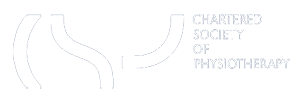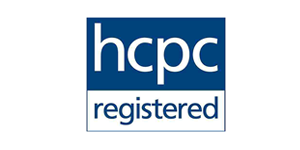Point-Of-Care Ultrasound (POCUS)
A rapid imaging tool for evaluating muscles, joints, and soft tissues. POCUS enhances diagnostic accuracy improving musculoskeletal care.
What is Point-of-Care Ultrasound?
Ultrasound is a non-invasive imaging technique that uses high-frequency sound waves to create detailed images of the inside of the body. Unlike audible sound, ultrasound operates at frequencies above 20 kHz, which are inaudible to humans. The process begins with a transducer (an element which is in direct contact with the patient’s skin), which contains piezoelectric crystals that vibrate when an electrical current is applied. These vibrations generate short sound pulses that travel through the body’s tissues.
When these sound waves encounter different tissues or structures, some of the waves are reflected to the transducer, creating echoes. These echoes are converted into electrical signals, which are then used to form an image. The ultrasound machine calculates the time it takes for the echoes to return and uses this information to determine the distance to the structures, resulting in a two-dimensional image of the area being examined.

Where is the ultrasound used?
This method is widely used in medical diagnostics and can visualize muscles, tendons, ligaments and structures around the joint such as joint capsule or bursas. It can also visualize the surface of the bony allowing for diagnosis of some bony injuries where cortical bone is involved.
Ultrasound can produce real-time, high-resolution images without the need for invasive procedures. Another great advantage of Ultrasound is that it can produce a dynamic image of the structures allowing for interaction of the involved structures and thus diagnoses of conditions such as shoulder impingement or tendon subluxations.
Point-of-Care Ultrasound vs Traditional Ultrasound?
Unlike traditional ultrasound, which typically involves separate imaging and interpretation by a radiologist, POCUS allows clinicians to perform and interpret scans directly at the patient’s bedside. This real-time diagnostic capability provides immediate insights, speeding up decision-making and enhancing patient care.
Feel free to contact us to learn more about our POCUS service or to schedule an appointment.
Prices start from £179.
How can POCUS benefit you?
Our POCUS (Point-of-Care Ultrasound) service is designed to streamline your healthcare experience. By integrating ultrasound into your clinical exam, we provide an immediate diagnosis, which can greatly improve treatment outcomes.
Whether you are dealing with tendon injuries, soft tissue conditions, or muscle pathologies, POCUS offers a comprehensive, real-time understanding of your condition. This in-person assessment and interpretation ensure a more accurate, faster diagnosis and saves cost to the patient compared to traditional imaging methods.
What happens at POCUS session?
During your session, a clinician trained in Musculoskeletal Ultrasound will:
This approach provides you with clear, detailed insights into your injury or condition, helping you make informed decisions about your next steps.
What conditions can be detected by Point-of-Care Ultrasound?
Detectable by POCUS
NOT detectable by POCUS
While POCUS is highly effective for musculoskeletal and soft tissue imaging, there are certain conditions we do not assess, including:
For these conditions, your clinician may recommend seeing an appropriate specialist or undergoing further diagnostic tests, such as MRI or CT scans.




